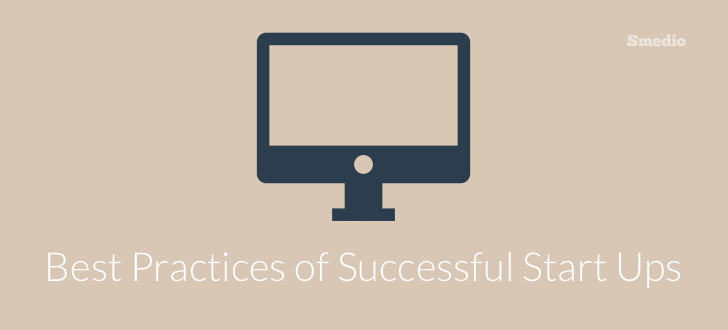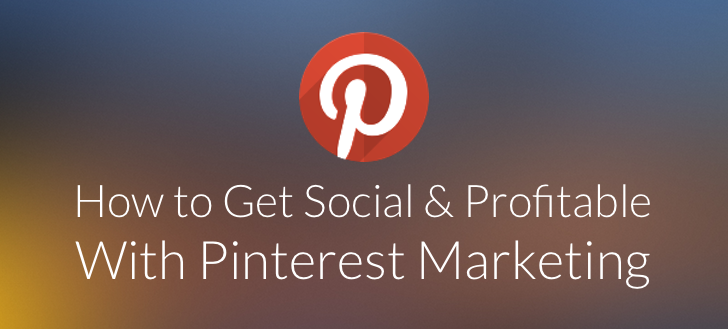
You’re ready to start your own business, but there’s more to this than just buying a storefront and hanging a sign out front. You have to make a plan and get money to open those doors. So, before you jump in with both feet, make sure you understand what you’re getting yourself into.
Here are 9 best practices of successful start ups you can implement:
Write a Business Plan
A business plan is a conceptual map that will guide you through the business-startup process. Most businesses make a plan before they even think about doing anything else. It’s free, and it’ll give you a great idea of what to expect.
Your executive summary will outline all of the important details of your business, what you plan on doing to make money, how much you expect to make, and who will run the show. Other parts of the plan, like the company description, the market analysis, the organization and management, the service or product line, the marketing and sales overview, the funding request, the financial projections, and the appendix will all dive into the nitty-gritty details of your business idea. This is essential if you plan on approaching a bank for funding.
Get Training and Assistance
Pay a visit to your local Business Development Center – most cities and even small towns have them. They are non-profit organizations that exist for the sole purpose of helping you get on your feet as a small business owner. You can also visit the SBA’s small business learning center and spend some time watching the videos.
Choose a Business Location
Choosing a business location isn’t as easy as it sounds. Prime real estate is expensive, yet really cheap real estate might not get you the foot traffic that you need. Ideally, you’d rent a location that’s relatively inexpensive and yet has good foot traffic – a sort of undiscovered property that was previously mismanaged.
Get Capital
Getting financing for a startup is difficult if you plan on going to a bank. Banks tend not to want to finance you. While many traditional information sources tell you to talk to a lender, there are several much more awesome ways to get financing that actually stand a snowball’s chance in you-know-where.
First, you can, and probably will have to, rely a bit on personal savings. Pull money from a cash value life insurance policy, if you have one. Ask your credit union if they offer Individual Development Accounts for small business startups. An Individual Development Account (IDA) is a special savings account that matches every dollar you contribute to it with $1 or more from the bank or the local or provincial/state government.
It’s a way for you to rapidly build up the funds you need to start your new venture.
You can always ask friends and family for money, if they have any. Also, don’t get trapped into thinking that you absolutely have to have a lot of overhead. Maybe a small personal savings is all you need if your business can be started out of your home.
Determine Your Business Structure
Will you start a corporation, or do you just need a sole proprietorship for now. Most people go out and spend a lot of money on legal paperwork that they’re not ready for yet. A corporation will protect you legally, but you might not need one yet if you don’t expect to have any clients lined up for the next six months.
Register A Name
Make sure that you register the name with the county. In most areas of the country, this is required. If you start a corporation, you must register with both the state and your county.
Get Your Tax ID Number
You need a taxpayer ID number from the IRS for corporations. For sole proprietorships, all you need is your personal Social Security Number.
Register For Taxes
Make sure you register with your local government for the collection of sales taxes.
Get Licensing and Permits
You’ll most likely need a business license and a permit of some kind. Talk to your local city hall or department of commerce about this.
How To Start On A Budget
Getting started on a budget is tricky, but not impossible. One of the major expenses you’ll run into is a point-of-sale system (POS system). POS solutions for retail stores can cost several thousand dollars, but companies like Shopify sell them for much, much less. Make sure you only buy the features you need and don’t waste money on features you don’t.
For example, if you run a cash-only business, then you won’t need a card swiper, so don’t bother paying for that feature.
For marketing, start small. In most cases, all you need is a good press release and a few local ads to get things going.
Finally, if you have the opportunity to use a drop-shipper or a vender is willing to store your inventory for you on an “on-demand” basis, take it. Storage costs are one of those things many businesses don’t think about, but that can add up quickly. Going into business for yourself is going to challenge your sense of creativity. Have fun with it, but never forget that your end-goal is always to turn a profit for the long-term.
Share this to share your insight with others. It helps to share.
Want more stuff like this? Hit the "Like" button below to get notified via Facebook...










Good points, Idugboe. A simple step by step to create start up business. I just review my new blog, sosmedtoday.com. May you some idea how to optimize. Regards